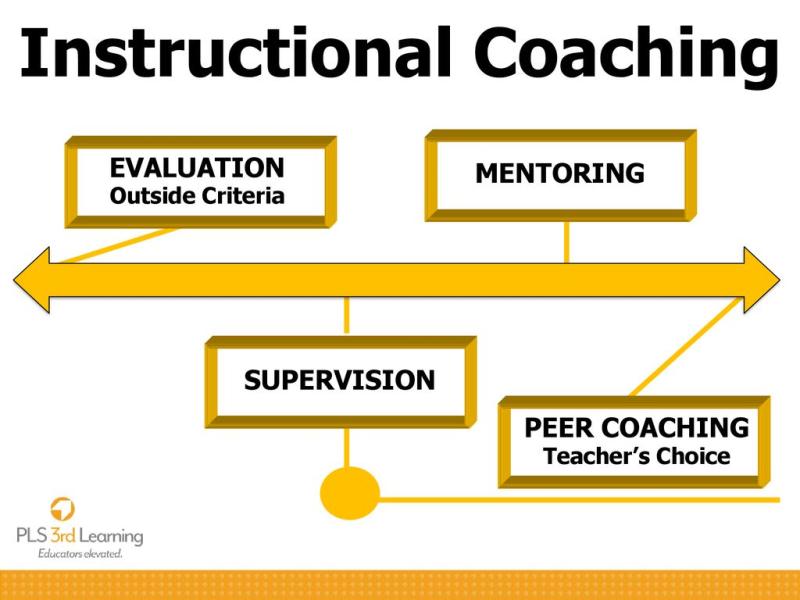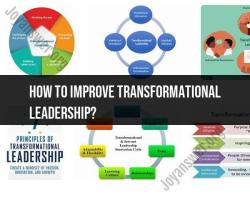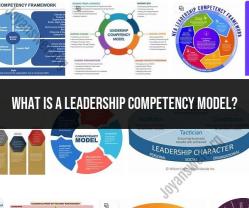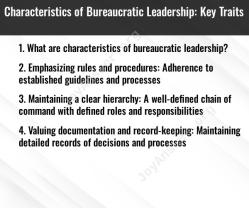What is supervision evaluation?
Supervision evaluation refers to the process of assessing and evaluating the performance of individuals in leadership and management roles, particularly those responsible for supervising and overseeing the work of others within an organization. The purpose of supervision evaluation is to gauge the effectiveness of supervisors and managers in fulfilling their responsibilities, leading their teams, and achieving organizational goals.
The key aspects typically considered in a supervision evaluation may include:
Leadership Skills:
- Assessing the supervisor's ability to provide effective leadership, set a clear vision, and inspire and motivate their team.
Communication:
- Evaluating the supervisor's communication skills, including their ability to convey information clearly, listen to employee concerns, and foster open communication within the team.
Decision-Making:
- Reviewing the supervisor's decision-making processes, including the ability to make informed and timely decisions, consider various perspectives, and navigate challenges.
Team Building:
- Assessing the supervisor's efforts in building and maintaining a cohesive and collaborative team. This may include their ability to foster a positive team culture and resolve conflicts.
Employee Development:
- Evaluating the supervisor's commitment to employee development, including providing feedback, offering opportunities for skill enhancement, and supporting career growth.
Performance Management:
- Reviewing the supervisor's approach to performance management, including setting expectations, conducting performance reviews, and addressing performance issues.
Goal Achievement:
- Assessing the supervisor's ability to align team goals with organizational objectives and track progress toward achieving those goals.
Adaptability:
- Evaluating the supervisor's adaptability and ability to navigate change, whether it be organizational changes, shifts in priorities, or adjustments to team dynamics.
Problem-Solving:
- Reviewing the supervisor's problem-solving skills, including their approach to addressing challenges, finding solutions, and seeking input from team members.
Ethical Conduct:
- Assessing the supervisor's adherence to ethical standards and organizational values, ensuring that they lead with integrity and fairness.
Supervision evaluations are typically conducted through a combination of performance assessments, self-evaluations, and feedback from team members. The process is designed to provide a comprehensive understanding of the supervisor's effectiveness in leading their team and contributing to the overall success of the organization.
These evaluations are often part of a broader performance management system within an organization, contributing to professional development, identifying areas for improvement, and recognizing exemplary leadership. Regular and constructive supervision evaluations contribute to the growth and effectiveness of both individual supervisors and the teams they lead.
Management mastery: What is supervision evaluation?
Supervision evaluation is a process of assessing the performance and effectiveness of a supervisor. It is a valuable tool for both the supervisor and the organization, as it can help to identify areas for improvement and ensure that the supervisor is meeting the needs of their team and the organization as a whole.
Defining success: The components of effective supervision and leadership
Effective supervision and leadership are essential for the success of any organization. Good supervisors are able to:
- Motivate and inspire their team members.
- Set clear and achievable goals.
- Provide effective feedback and coaching.
- Create a positive and productive work environment.
- Resolve conflict effectively.
- Hold team members accountable.
Continuous improvement: The role of supervision evaluations in organizational growth
Supervision evaluations can play a key role in organizational growth by helping to identify and address areas where supervisors can improve. When supervisors are able to improve their performance, their teams are more likely to be successful, which can lead to increased productivity, profitability, and employee satisfaction.
Supervision vs. management: Distinguishing responsibilities and expectations
Supervision and management are two closely related roles, but there are some key distinctions between the two. Supervisors are typically responsible for the day-to-day operations of a team or department, while managers are responsible for the overall planning and strategy of an organization.
Here is a table that summarizes the key differences between supervision and management:
| Characteristic | Supervisor | Manager |
|---|---|---|
| Focus | Day-to-day operations | Planning and strategy |
| Responsibilities | Leading and motivating a team, providing feedback and coaching, resolving conflict, holding team members accountable | Setting goals, developing and implementing policies and procedures, allocating resources, evaluating performance |
| Expectations | Expertise in the team's area of work, strong interpersonal skills, ability to manage conflict | Expertise in business management, strategic thinking skills, ability to delegate and empower others |
Case studies: Successful examples of supervision evaluation implementation
Here are two examples of successful supervision evaluation implementation:
- Google: Google uses a 360-degree feedback system to evaluate its supervisors. This system involves collecting feedback from the supervisor's manager, peers, and team members. The feedback is then used to develop a performance review that is used to identify areas for improvement and make compensation decisions.
- GE: GE uses a competency-based supervision evaluation system. This system assesses supervisors on a set of core competencies, such as communication, leadership, and problem-solving. The evaluation results are used to develop a performance plan that helps supervisors to improve their skills and knowledge.
Conclusion
Supervision evaluation is a valuable tool for improving the performance of supervisors and their teams. By understanding the components of effective supervision and leadership, and by using a well-designed evaluation system, organizations can ensure that their supervisors are meeting the needs of their teams and the organization as a whole.











